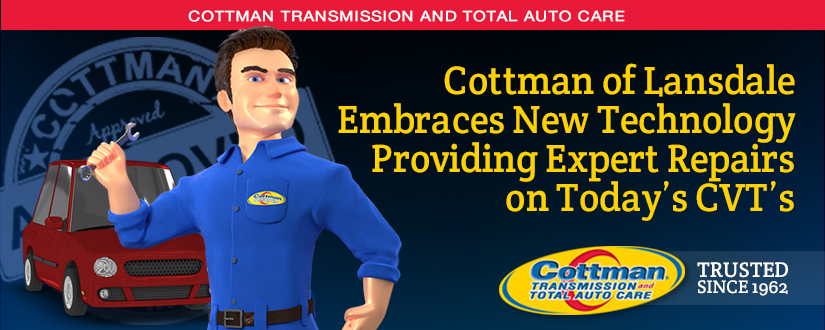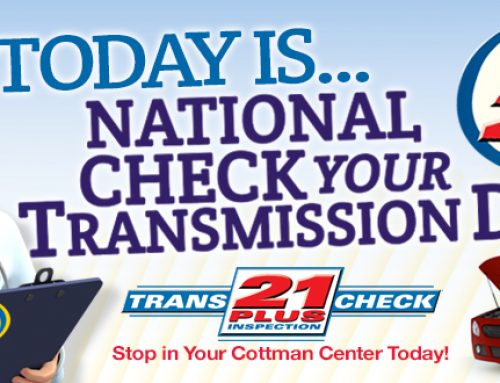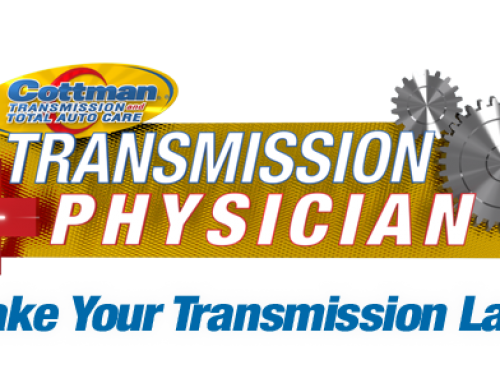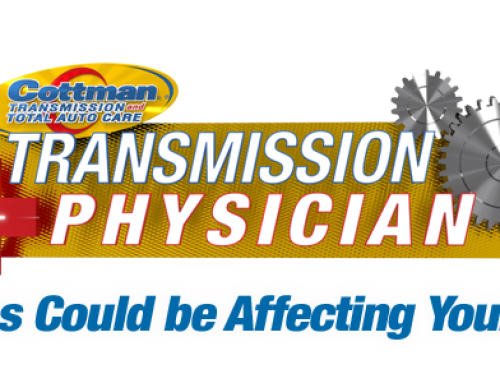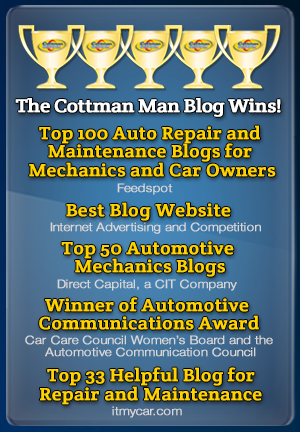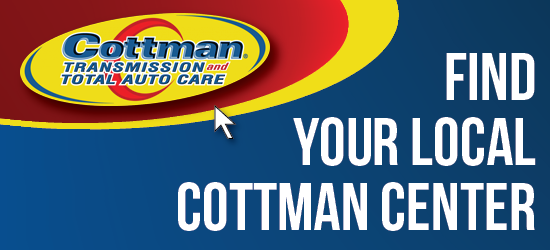Automotive technology is constantly changing, and that can put a strain on the auto repair shops and technicians who repair them. One of today’s more familiar changes is the transmission: Many of today’s vehicles are coming with a continuously variable transmission, or CVT.
What is a CVT? It’s an automatic transmission, but, instead of having specific gear ratios, it uses a pair of variable-width pulleys and a belt to create a consistently changing ratio. As one pulley opens, the other closes, moving the belt in and out in relation to the center of the pulley. This changes ratios gradually and continuously, instead of locking the transmission into a few specific gear ratios. CVTs have been on the road for several years now, and some of them are beginning to reach the age where they need repair. At the same time, many shops are avoiding them, preferring to focus on transmissions they’re more comfortable with.
But the technicians at the Cottman of Lansdale center are only too happy to diagnose and repair CVTs, and they’ve had terrific success with them… for both themselves and their customers.
“A lot of shops have been reluctant to get involved with CVTs,” explains George Forman, center manager for the Cottman of Lansdale center. “They either send the customer to the dealer or offer to buy a remanufactured unit and install it. That doesn’t make any sense. As long as the parts are available, we’re happy to rebuild them.”
This is a better situation for their customers, because having a CVT rebuilt at the dealer can cost a lot more than it would at the Cottman of Lansdale. “There’s really no reason for them to charge that much,” says George. “The CVTs are actually simpler to rebuild, and most parts don’t cost any more than the parts for a conventional automatic.”
This isn’t the first time that new technology has met with resistance from the auto repair industry. When the first lockup torque converters came out, back in 1979, a lot of shops avoided them, too. It took a willingness to learn and the courage to try for shops to take on that technology. Today, most technicians consider a lockup converter problem a simple repair.
The same may be true for CVTs: Many shops will avoid them… at first. The technicians with confidence in their own capabilities — like the ones at the Lansdale Cottman center — will be the first to give CVTs a try. And those technicians will have a leg up on their competition because of that confidence.
That’s great news for the folks in the Lansdale area, because, when their CVTs start acting up, they have an alternative: They can take their cars to the dealer and pay big bucks to get them repaired, or they can visit their local Cottman center, and get the same repairs for a fair and honest price.
The choice seems pretty obvious when you look at it that way. Visit www.cottmanoflansdale.com for more information.
Cottman Transmission and Total Auto Care offers a rare franchise opportunity for entrepreneurs interested in a proven and reputable brand in the fast growing automotive aftermarket industry. Interested candidates should have a minimum net worth of $100,000 and liquid assets of at least $65,000 per center. The initial franchise investment for a Cottman center is between $190,000 to $235,000, which includes a $37,500 franchise fee. For honorably discharged veterans, Cottman offers a reduced franchise fee.
To learn more about Cottman Transmission and Total Auto Care and its available franchise opportunities please visit https://cottman.com/cottman-franchise-opportunities/

